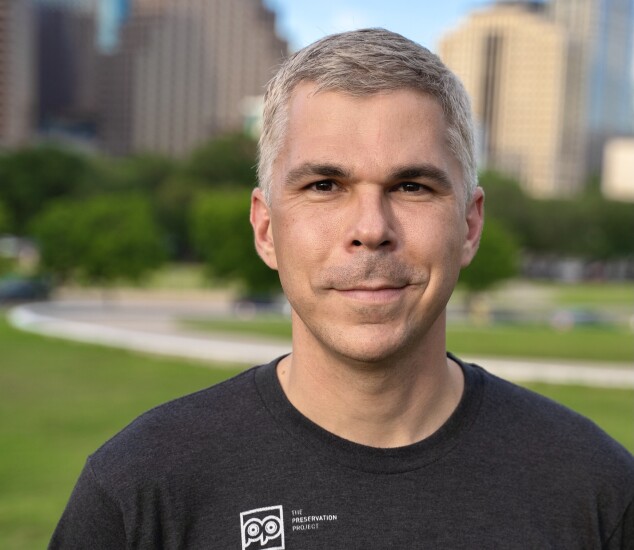People with disabilities. Immigrants. People of color. Gay, lesbian or transgender individuals.
These are all groups of consumers who in some cases have felt underserved by their traditional institutions and have been gravitating toward neobanks that offer specialized savings accounts, debit rewards meant to match their values and empathetic customer service.
“Oftentimes, [the founders] are focusing on what they know,” said Sam Kilmer, fintech practice leader at Cornerstone Advisors. “It’s personal.”
Certain niches — including
Other neobanks are springing up to cater to groups with few, if any, dedicated banking options. Founders who focus on a segment they are intimately familiar with have an advantage if they are realistic about the segment of customers they will reach (obtainable market), rather than the broad audience that fits into their neobank's category (addressable market).
“The more finite and smaller your niche is, the less likely you are to run into competitors,” Kilmer said.
The following is an overview of five neobanks that have surfaced in the past two years, their unique bents and the founders who are passionate about their target audiences.










